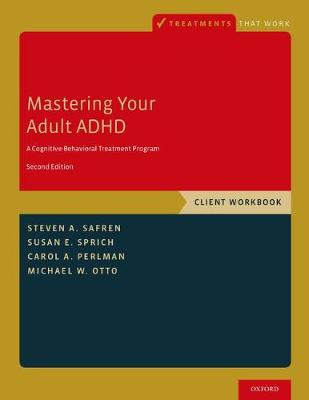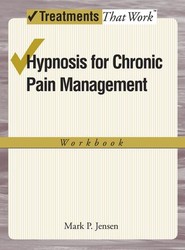(To see other currencies, click on price)
MORE ABOUT THIS BOOK
Main description:
One of the main concerns of parents of children with developmental disabilities such as autism is the management of problem behaviour. Frequent incidents of aggression, self-injury, and tantrums, among others, can be the most difficult obstacles to placing a child in schools or other community settings. Children are unnecessarily isolated and are not given the opportunity for socialization because parents feel it is impossible to avoid these problem behaviours. In fact, it is often
the parents' attitude itself that is the greatest obstacle - by assuming the worst about their child's behaviour, they create an environment where change is impossible. In a study that followed children from age 3 to age 6, the most significant factor for predicting later behavioural problems was not
the extent of the child's disability, or the severity of earlier problems, but the level of parental optimism.
This manual is the result of an evidence-based program that teaches positive skills to parents of young children with disabilities. Many parents feel powerless in the face of their child's disability, and therefore give up on trying to change problem behaviour. This 8-week program teaches parents to identify these 'hopeless' thoughts, and provides optimistic alternatives. Sessions include how to identify behaviour triggers, and strategies for managing these situations, replacing destructive
behaviours, and maintaining a positive outlook on the child's development. By the end of the treatment, parents will have created a behaviour management strategy to use in the future, and will have a more effective, optimistic attitude. A corresponding workbook provides forms for monitoring the child's
behaviour, homework assignments, and positive reinforcement for parents.
PRODUCT DETAILS
Publisher: Oxford University Press (OUP USA)
Publication date: March, 2008
Pages: 144
Dimensions: 178.00 x 255.00 x 7.00
Weight: 263g
Availability: Not available (reason unspecified)
Subcategories: Psychology, Psychotherapy
From the same series
Timothy J. Strauman
Timothy J. Strauman
Alice Medalia
Michael W Otto
Michael W Otto
Evan M. Forman
Evan M. Forman
David L. Roberts
W. Curt LaFrance, Jr
W. Curt LaFrance, Jr
Colleen E. Carney
Colleen E. Carney
Gail Steketee
David H. Barlow
Gail Steketee
Gail Steketee
Gail Steketee
Mark P. Jensen
Mark P. Jensen
Jon E Grant
Jon E Grant
John A. Hunter
Debra A. Hope
Debra A. Hope
John Wincze
John Wincze
Michael W Otto
Mark Gilson
Larry W. Thompson
Larry W. Thompson
Alice Medalia
Michael W Otto
Barbara S. McCrady
Barbara S. McCrady
Michael W Otto
Michael W Otto
Gary Sachs
Michael Otto
Barbara S. McCrady
Barbara S. McCrady
Jennifer B Freeman
Bonnie Spring
Kelly Rohan
Kelly Rohan
Douglas W. Woods
Douglas W. Woods
Donna B. Pincus
Karen C. Wells
Jack Edinger
Jack Edinger
Douglas W. Woods
Douglas W. Woods
V. Mark Durand
Donna B. Pincus
Karen C. Wells
Sharon L. Manne
Sharon L. Manne
Karen C. Wells
Karen C. Wells
Michael H. Antoni
Jason M. Satterfield
Jason M. Satterfield
V. Mark Durand
V. Mark Durand
Steven A. Safren
Steven A. Safren
John Piacentini
John Piacentini
John D. Otis
John D. Otis
W. Stewart Agras
Michael H. Antoni
Michael H. Antoni
W. Stewart Agras
W. Stewart Agras
Eric Stice
Anne Marie Albano
Eric Stice
Anne Marie Albano
Anne Marie Albano
Edna B. Foa
Edna B. Foa
Anne Marie Albano
Michelle G. Craske
Robert Ladouceur
Michelle G. Craske
Robert Ladouceur
Michelle G. Craske
Gail Steketee
Gail Steketee
Robert Ladouceur
Robin F. Apple
Robin F. Apple
Robin F. Apple
Martin M. Antony
Martin M. Antony
G. Alan Marlatt
Edward J. Hickling
Edward J. Hickling
G. Alan Marlatt
Michelle G. Craske
Michelle G. Craske





























































































































